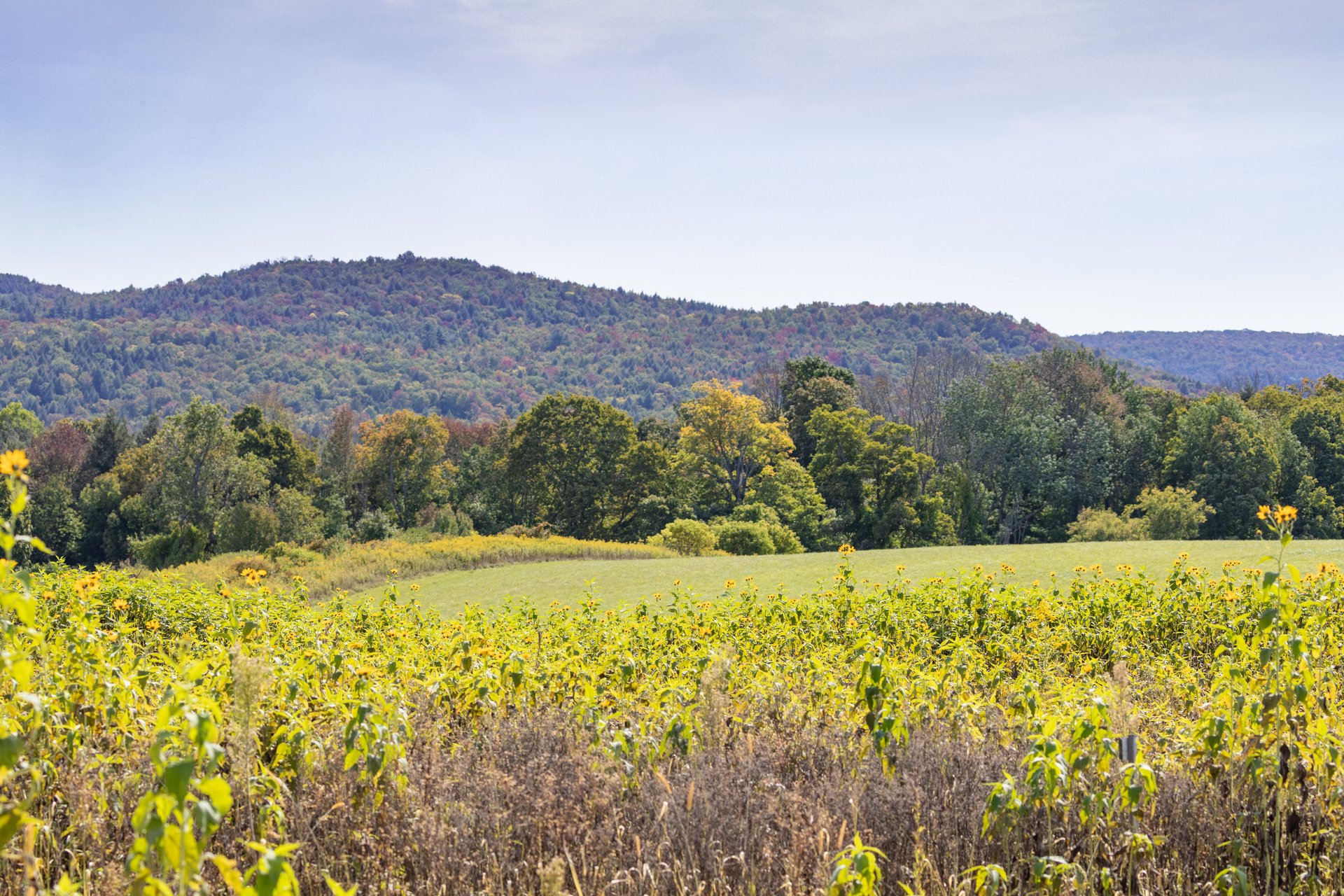Conservation Projects at Canoe Meadows
Housatonic River Cleanup
For several decades, up through the 1970s, General Electric (GE) manufactured and serviced electrical transformers containing toxic and persistent PCB chemicals. During those years, GE polluted the Housatonic River and surrounding lands with hundreds of tons of PCBs, which pose threats to human health and wildlife.
Mitigating the Disaster
Efforts to mitigate this environmental disaster have been ongoing since the 1980s. Mass Audubon provided feedback during development of the permit and during the public comment period in support of a thorough cleanup and to make it clear that GE will be responsible in perpetuity for any PCBs remaining in Berkshire County.
The U.S. Environmental Protection Agency (EPA) issued a "Rest of River" cleanup permit in 2016. The permit was appealed to the EPA Environmental Advisory Board (EAB) by GE, and separately by local communities and environmental groups. In April 2017, Mass Audubon submitted two Amicus Briefs—one of our own and one in partnership with the Housatonic Rest of River Municipal Committee—supporting a strong Environmental Protection Agency (EPA) permit governing the implementation of this crucial environmental cleanup project. The EAB upheld much of the permit but required further review of the requirement for disposal of contaminated material outside of the Valley.
In 2018, Mass Audubon began participation in a confidential mediation process with the EPA, GE, the affected communities, and other environmental groups because we felt strongly that the Housatonic River Valley features tremendous ecological, scenic, tourism, and community values and it is vital that these be protected and restored.
The mediation process offered an opportunity to avoid a lengthy and costly litigation, possibly all the way to the U.S. Supreme Court. One outcome of litigation may have resulted in up to three landfills containing high levels of PCBs in Berkshire County. Both possible outcomes of litigation would have resulted in a remediation that was less protective of human health and the environment than the Settlement Agreement.
Cleanup Project is Vital
Mass Audubon envisions a future in which an unpolluted Housatonic River ecosystem provides ecological, recreational, and economic benefits to the communities along its banks, from Pittsfield to Long Island Sound. Mass Audubon has signed a Settlement Agreement to expedite the removal of PCBs from the Housatonic River and floodplain in a manner that is protective of human health and the environment.
Mass Audubon is in support of this Settlement Agreement because it will expedite a more thorough cleanup of the Housatonic River than what was in the previous permit, and better address the impacted communities’ interests. Mass Audubon’s interest in the cleanup has always included ensuring that it proceeds in a timely manner and is sufficiently protective of both human and ecological health. Mass Audubon also supports the agreement’s commitment to further research on innovative technologies that could treat PCBs in the future.
Mass Audubon’s years of involvement on the cleanup extend beyond general regional environmental concerns. As a directly impacted landowner—Canoe Meadows Wildlife Sanctuary is located on the river in Pittsfield—Mass Audubon has been closely engaged in the planning process and how a cleanup will impact its 250-acre wildlife sanctuary. Canoe Meadows is located at the head of the "Rest of River," where the methods for the cleanup will first be applied, and this sanctuary contains habitat that supports numerous rare and common species of plants and animals. The Settlement Agreement will ensure ecological restoration of Canoe Meadows Wildlife Sanctuary post remediation as well as continued use by the public during and after remediation.
Mass Audubon looks forward to continuing to work together with the EPA, the towns of Great Barrington, Lee, Lenox, Sheffield and Stockbridge, the City of Pittsfield, environmental groups, state agencies and residents to restore a healthy Housatonic River ecosystem that can be enjoyed by future generations of Berkshire residents and visitors.
More Information
Read the Amicus Briefs.
Read Mass Audubon's full position statement on the Housatonic River Settlement Agreement as well as the EPA's Housatonic River Settlement Agreement.



